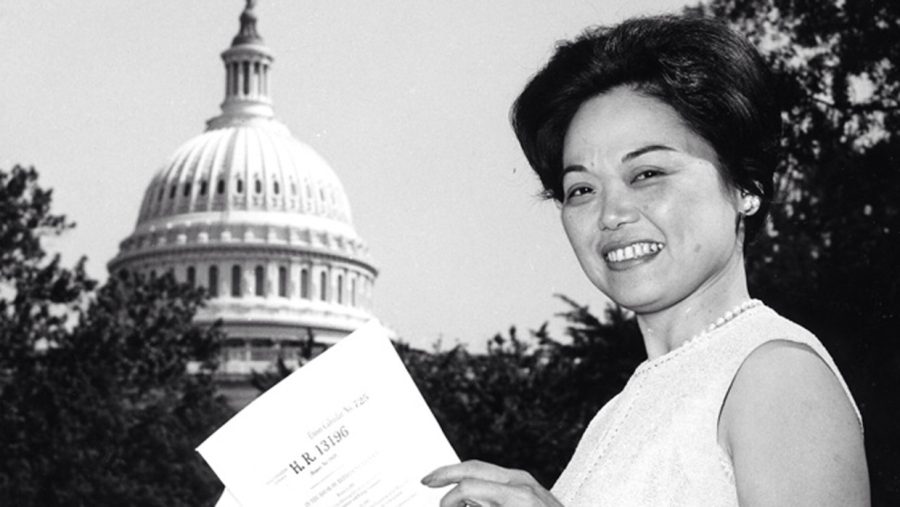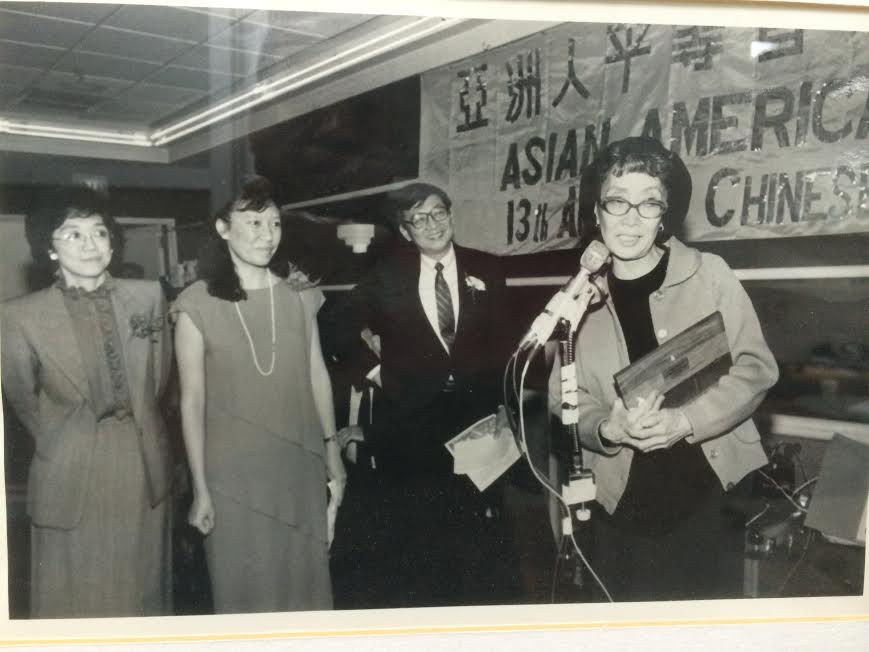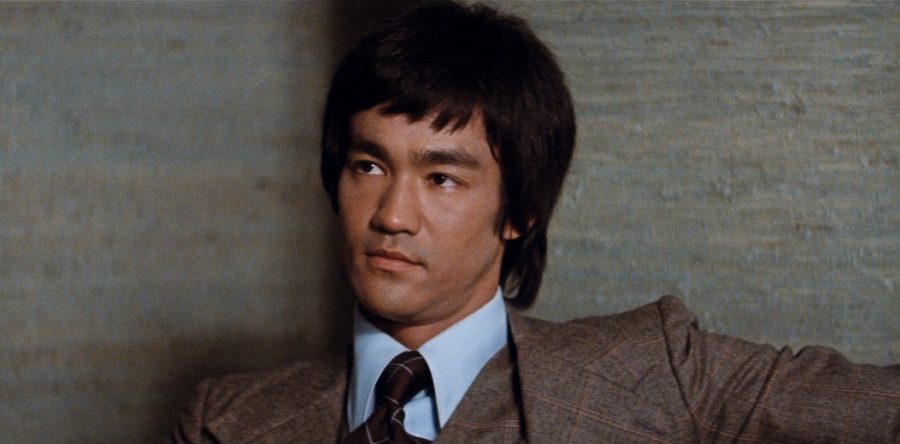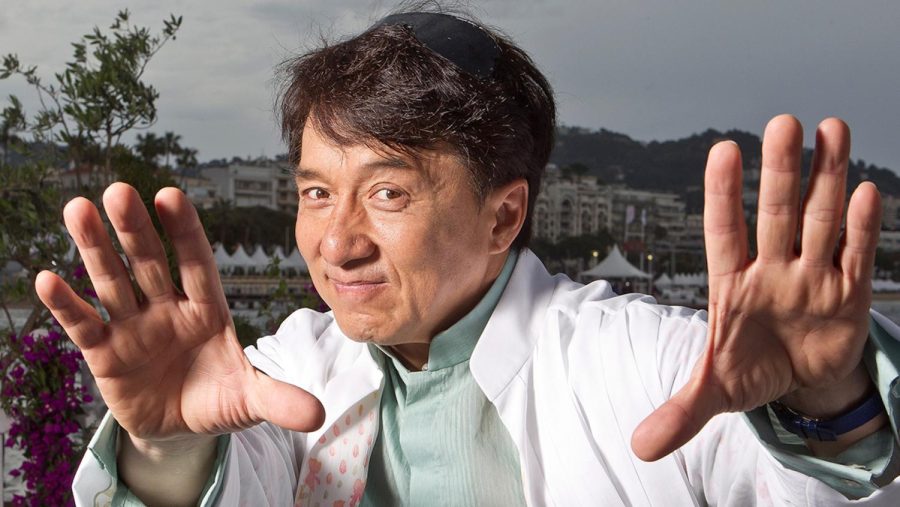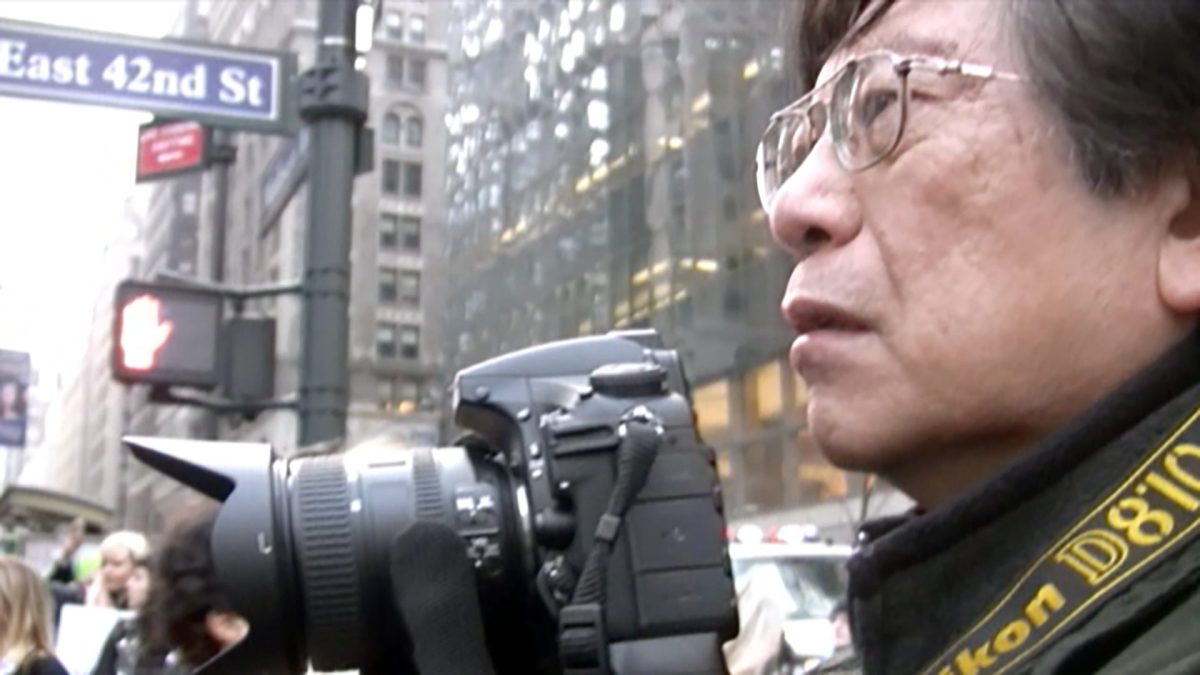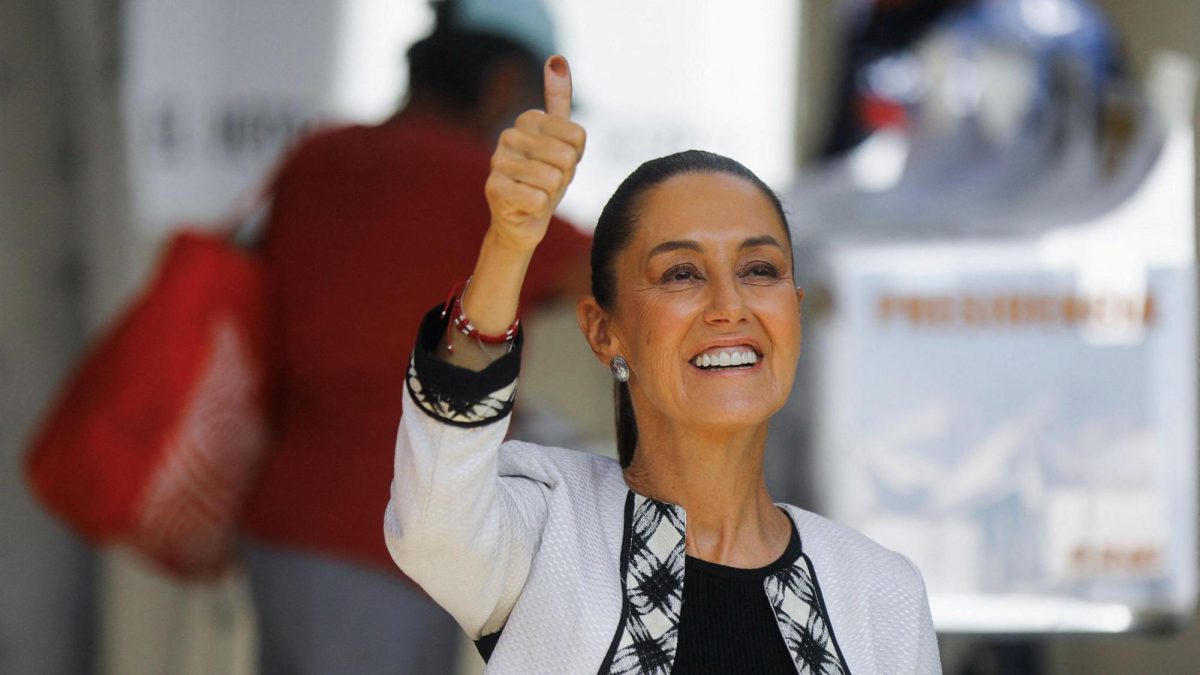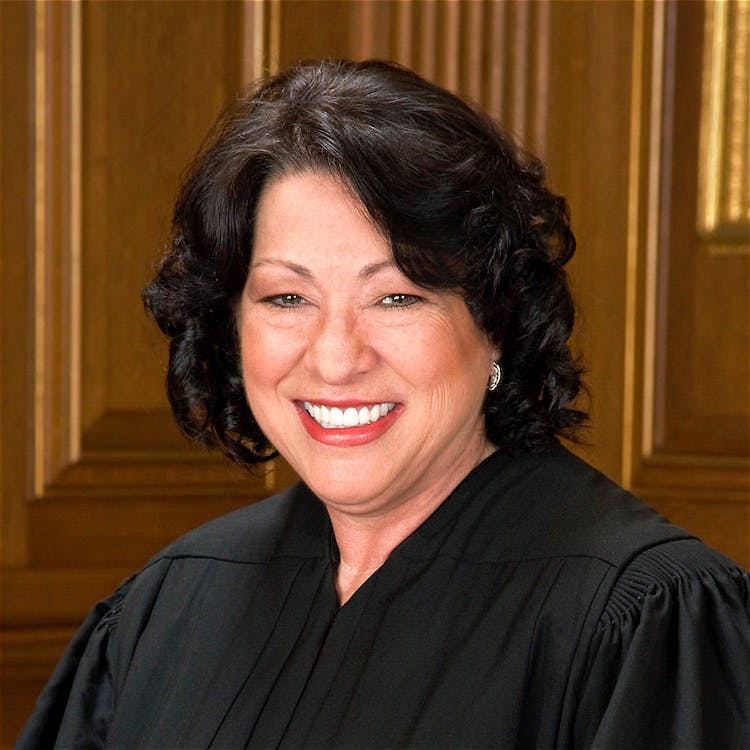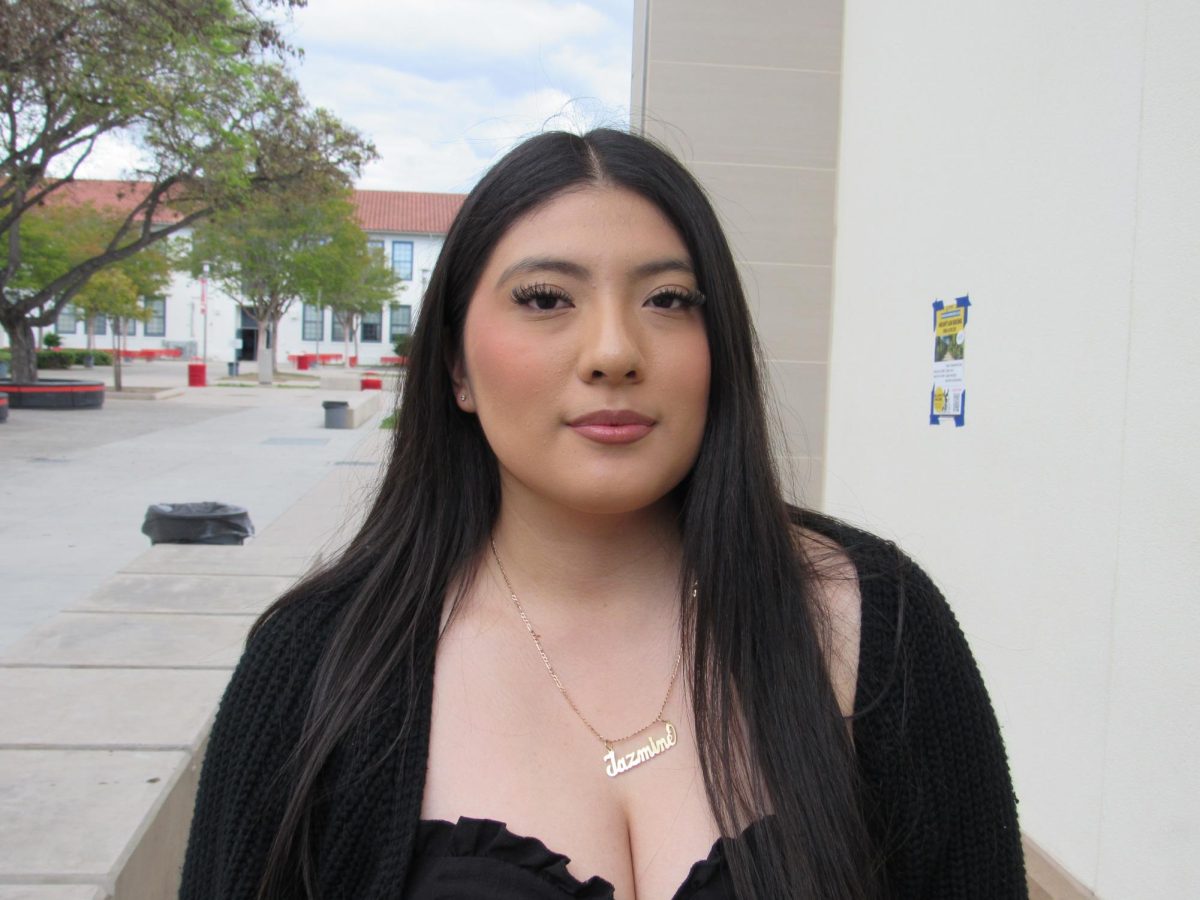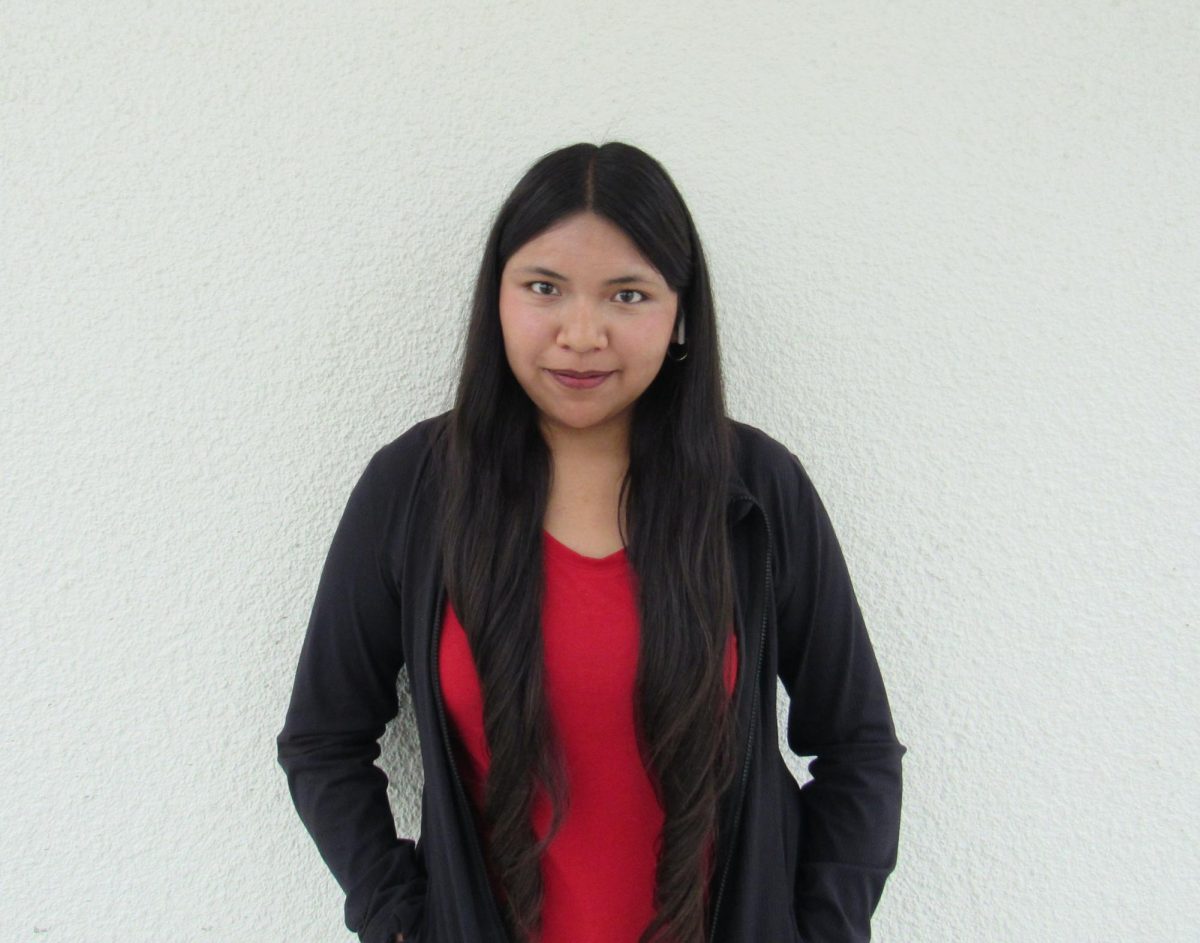Born on December 6, 1927, Patsy Matsu Mink would eventually become the first woman of color in Congress and an advocate for fair education.
When Mink was young, she attended a school that was mostly-white, which made her feel like an outcast. She was in high school during the Japanese attack on Pearl Harbor, which resulted in a lot of hate towards Japanese Americans like her. Despite this, she was able to win student body president and be the first woman to do so. After graduating as valedictorian, she enrolled in the University of Hawaii at Manoa. She decided to move away from Hawaii and continue her higher education at the University of Nebraska.
The university’s dorms were racially segregated, and Mink, disagreeing with the school’s policies, established a group to fight against them. After earning her bachelor’s degrees in chemistry and zoology, Mink attempted to move on to medical school, but her applications were rejected. Mink then decided to change paths, and she applied to law school instead. She attended the University of Chicago Law School, where she met her husband, John Francis Mink.
After moving back to Hawaii, Mink attempted to take the bar exam but was unable to due to territorial law. She challenged the law and was allowed to take the test, which she passed. She struggled to find a job and ended up establishing her own firm. Mink then decided to get involved in politics and was elected to the Hawaiian Territorial Legislature. Eventually, she campaigned for a seat in the House of Representatives and won. She was the first woman of color and the first Asian-American woman to be elected.
During her time as a representative, Mink really prioritized education. She pushed for the Early Childhood Education Act, meant to create programs that would benefit students. Such as establishing special education to help students with disabilities. She also pushed for an amendment to the Higher Education Act that would outlaw discrimination based on gender for schools that received federal funding. One of the most important acts she introduced was the Women’s Educational Equity Act, which pushed for gender equality in all aspects of education.
After becoming sick due to chickenpox and contracting pneumonia, Mink died on September 28, 2002. She has been honored for her hard work in fighting racial and sexual discrimination. Patsy Mink made history as the first Japanese-American to be elected to Congress, and she is remembered for her continued efforts to push for equality in education.

